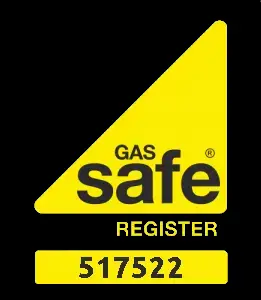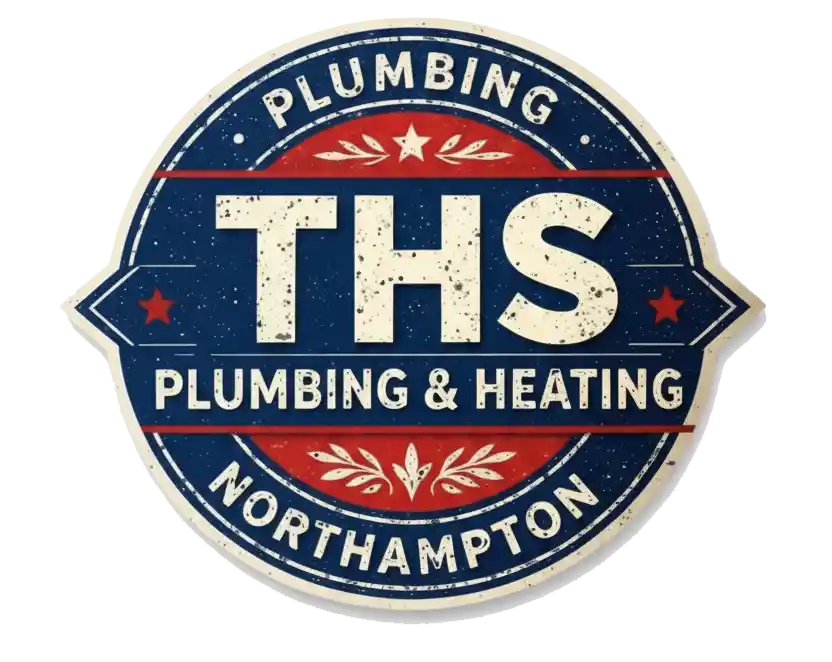Condensing boilers are highly efficient, safer than non-condensing boilers, and they could save you money on your heating bills.
But what is the difference between condensing and non-condensing boilers, and what do you need to know when choosing a new boiler for your home?
How are condensing boilers and how do they work?
Condensing boilers are more efficient than older models because they can make better use of the heat they generate. Heat-only boilers waste some heat because hot gases escape from the flue, but condensing boilers capture the heat from these gases and use it to heat the water in your central heating system – and they have a larger heat exchanger in order to do this. This means that they requires less heat from the burner.
What is the difference between condensing boilers and non-condensing boilers?
Both combi and heat-only boilers can be condensing or non-condensing. While a non-condensing boiler will take air from inside the room, a condensing boiler will be fully sealed and take in air directly from outside through the flue.
Condensing boilers don’t need a pilot light to be burning all the time because they only fire up when there is a demand for heat. However, old boilers usually have a pilot light which is burning all the time, whether or not it is required. A non-condensing boiler could be as little as 60% efficient, meaning you could be losing up to 40p for every pound you spend on your heating.
What are the benefits of having a condensing boiler?
Because they are at least 25% more efficient than non-condensing models, condensing boilers could save you up to £310 per year on your heating bills. Condensing boilers are also safer, because there is a lower risk of anything being sucked into the boiler.
You could also significantly reduce your carbon footprint by switching to a condensing boiler – you could save up to 1,200kg of carbon each year.
Are all new boilers condensing boilers?
According to building regulations, all new boilers installed in homes should be high-efficiency condensing boilers. However, some exceptions may apply.
Ready to replace your old boiler?
The average boiler should last between ten and fifteen years, so if yours is around this age and it’s non-condensing, you should consider getting it replaced. Not only will you be able to enjoy all the benefits of a condensing boiler, but you will save yourself a headache because your boiler will require more and more repairs as it gets older, and parts are more difficult to source.
Call THS Plumbing & Heating Northampton on 01604 212732 or go to our contact us page to get in touch, and we’ll be happy to advise you and install a brand new boiler in your home.


